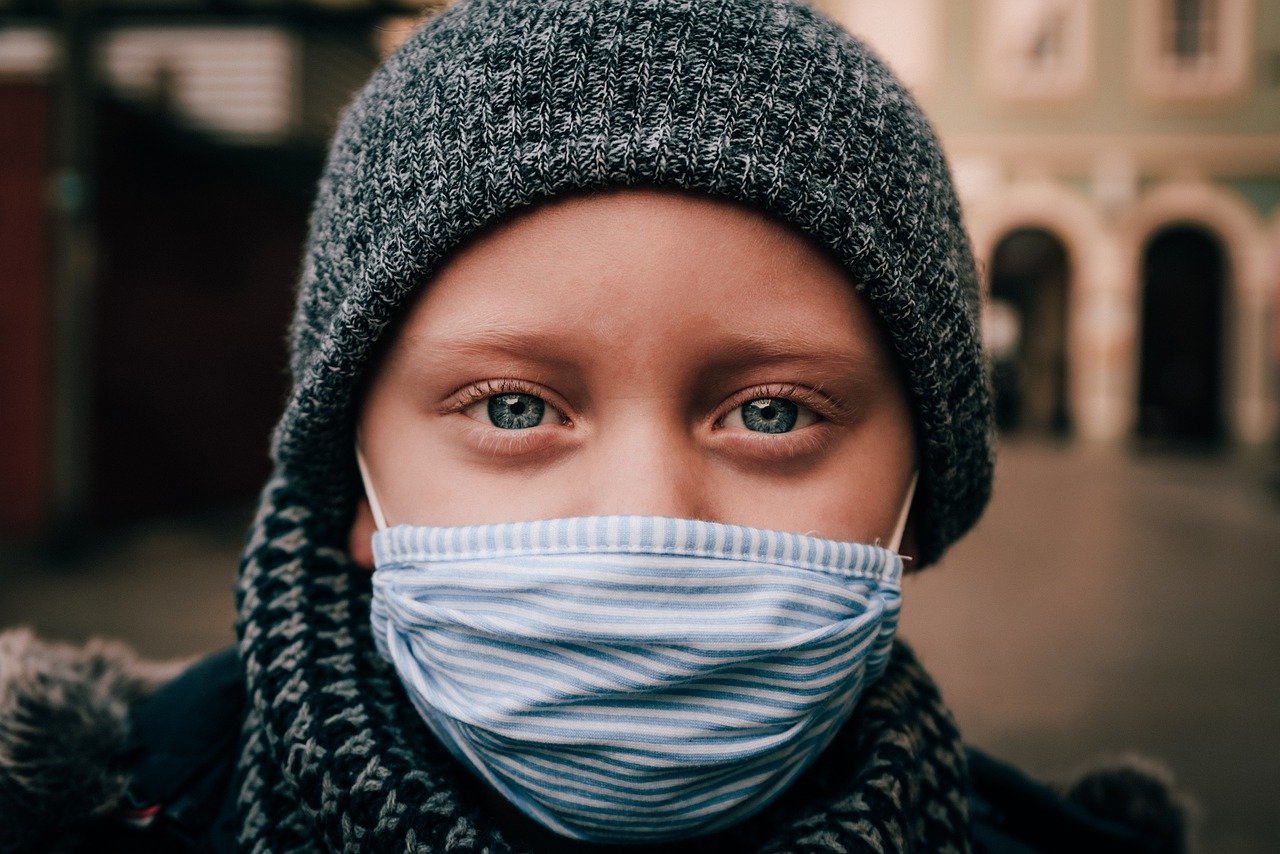Healthcare Opportunities & Challenges in Africa- Post Covid
To many of my colleagues and myself, news about an existing flu caused by sars-cov-2 virus strain that later culminated into a pandemic dubbed covid-19, the countless deaths and causalities reported from the continents of Europe, USA and Asian was no different from a spine chilling scene in a horror movie, that would imminently become a reality. The scare about what had just befallen the planet slowly started sinking in among the populations especially governments. In Uganda, we initially only heard rumours about some travelers from Dubai, who had carried this deadly virus to our “Pearl of Africa”.
Measures from the government to avert the spread of this virus started biting. The one of contacts tracing for victims ushered in some new sort of stigma and antipathy towards those infected. The World Health Organization took the lead in guiding and designing strategies, with its regular updates through its top leadership. Discussions about the best strategies to overcome this pandemic dominated the media and experts in different fields. Some argued that one day on reflection we would discover that we over reacted whereas others argued otherwise.
At the light side of this, pharmaceutical business was booming, dealing in and sale of Covid related items i.e. gloves, masks, sanitisers, personal proactive equipment etc… shot up. According to a report published by Global Data Healthcare in April 2020, pharmaceutical companies at the fore front of fighting this pandemic had their prices at the stock market shoot up. The demand was so high that indiscriminate increase in prices for these items followed suit. WHO once in a while stepped in to encourage governments to increase production of these items to meet the global demand especially that of personnel protective equipment. Every new measure that was put across was an opportunity for a businessman dealing in pharmaceuticals to make money. On the flip side of this development, increased reports and warnings about self-medication and counterfeit items meant for management of this pandemic became regular from WHO and National Drug Authority.
With a fragile healthcare system, Uganda and Africa generally was shaken by this pandemic and indeed there were causalities. Characterized by low doctor to patient, ratios, inadequate laboratory capacities, high underlying conditions like malnutrition, etc., current studies done suggest the impact of COVID-19 on African populations has been light as compared to other continents as earlier predicted (Bell et al, 2020).
Additionally, from the perspective as an active medical practitioner in healthcare, generally, the demand for Covid related services and goods has plummeted drastically as the duration of the pandemic continues. There is also a developing shift in health seeking behaviors among the population. Few hospital visits for simple common ailments are being registered – i.e. primary health care needs, an indication of increased self- medication and change of preference to seeking medical services with alternative providers such as pharmacies and drug shops. I recollect very many shared stories by doctor colleagues of how they suffered many deaths of patients at their facilities when the curfew had just been eased and movements resumed. Many patients were reporting to hospitals in advanced stages of medical ailments not Covid related.
The latter recollection is consistent and true with an early rush for a global focus of all health systems to management of only the COVID -19 pandemic which uncovered many gaps in the health systems of Uganda and Africa at large. In fact a recent study done in Uganda by Bell et al, (2020) further exposed fears of downplaying the gains made previously in the health sector – i.e. in HIV, malnutrition, malaria etc…if a one sided focus continued.
All observations about the effects of Covid 19 pandemic in Africa in comparison with other continents have shown a wide variation from earlier predictions. The business challenges and opportunities in health care are likely to follow the same trajectory, thus investment in healthcare in Africa post Covid will need a thorough understanding of healthcare challenges unique to Africa, rather than a copy and paste approach.
On 22nd May 2021, The Aido Investment and Business Committee (AIBC) will host a post-Covid health business forum with a similar topic “Post Covid – Healthcare Investment and Opportunities in Africa” to further discover and tackle any associated complexities. The discussion will be steered by experienced and great minds in business and health care. The general public, health sector professionals and investors will be the greatest beneficiaries of this rich discussion. Join us then.
Written by DR JJUUKO DERRICK
MPS, PHARMACIST, MBA SCHOLAR USW. PHARMACUETICAL BUSINESS CONSULTANT.
AIDO INVESTIMENTS AND BUSINESS COMMITEE (AIBC)

